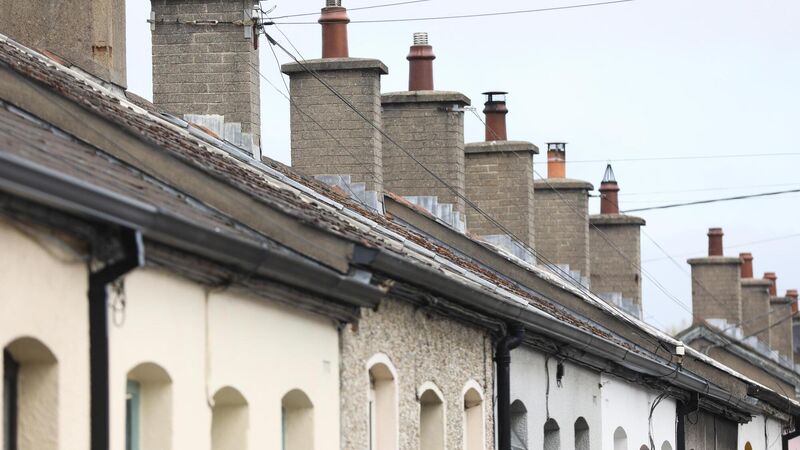One in five earning less than living wage in Ireland

This year’s living wage of €12.90 an hour (€26,200 a year) is up 4.9% on last year's €12.30 an hour, mainly driven by rent increases. File picture: Leah Farrell / RollingNews.ie
Soaring rents and increasing energy costs have contributed to a rising living wage in Ireland.
It now stands at €12.90, as calculated by the Living Wage Technical Group (LWTG).










